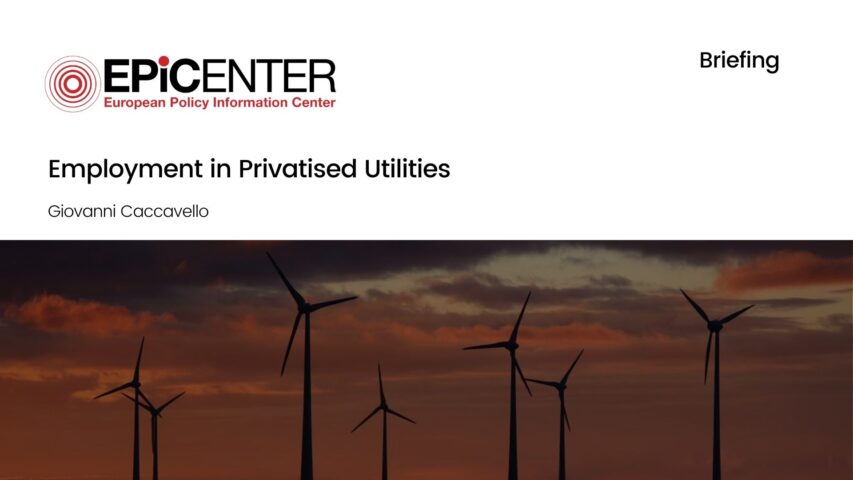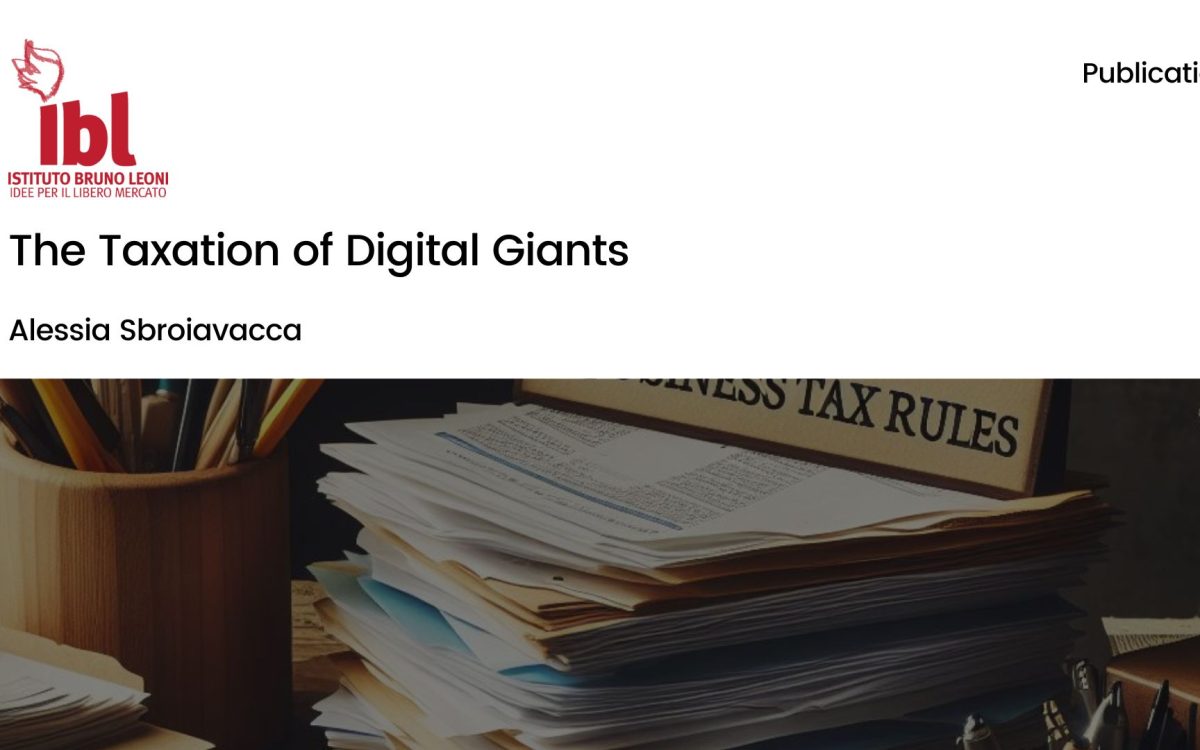Employment in Privatised Utilities

Employment in Privatised Utilities
September 2017
On 15 June 2017, the Directorate General for Internal Policies published a report which maps the recent history of privatisation and examines the risk of precarious work in privatised utilities.
The main goal of this study is to highlight the relationship between privatisation and employment losses. However, the data provided contradict this idea. In fact, employment in the Eurostat categories of electricity, gas, steam, air conditioning and water supply increased by roughly 115,000 workers between 2008 and 2015 in the EU-28.
Moreover, the study avoids mentioning any of the factors behind the 1980s policy shift towards privatisation and fails to discuss the huge effect of the latter on the global economy.
Finally, the authors find little evidence to support the idea that the privatisation of public utilities leads to precarious work or lower pay for workers.
Download or share this publication
View the PDF
EPICENTER publications and contributions from our member think tanks are designed to promote the discussion of economic issues and the role of markets in solving economic and social problems. As with all EPICENTER publications, the views expressed here are those of the author and not EPICENTER or its member think tanks (which have no corporate view).



